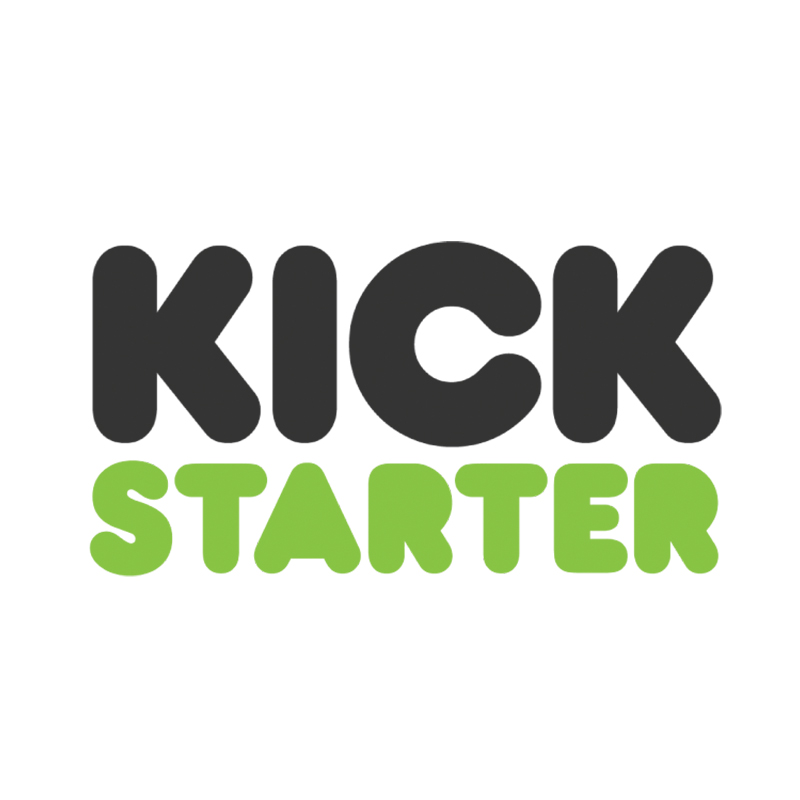How I Launched A $2K/Month Solution That Holds Shirt Sleeves
Note: This business is no longer running. It was started in 2017 and ended in 2023. Reason for closure: Shut down.
Hello! Who are you and what business did you start?
My name is Jay Fuller and my product FLXCUF. It's a solution designed to hold up dress shirt sleeves in one fold. I have just one product design (in two versions), coming in a variety of colors -- black (Bonds), white (Carraways), royal blue (Shmedium Blues), and light blue (Portages). Rather than just call my product the FLXCUF band, I thought it’d be more fun to give each color it’s own name.
Recently, since its launch 3 years ago, FLXCUF is in the green. Sales also continue to improve and I’ve finally gotten over the hump of getting into two boutique retailers this year.

What's your backstory and how did you come up with the idea?
I came up with the idea while working behind a bar. My uniform was a dress shirt and given the nature of the business -- I...

Download the report and join our email newsletter packed with business ideas and money-making opportunities, backed by real-life case studies.

Download the report and join our email newsletter packed with business ideas and money-making opportunities, backed by real-life case studies.

Download the report and join our email newsletter packed with business ideas and money-making opportunities, backed by real-life case studies.

Download the report and join our email newsletter packed with business ideas and money-making opportunities, backed by real-life case studies.

Download the report and join our email newsletter packed with business ideas and money-making opportunities, backed by real-life case studies.

Download the report and join our email newsletter packed with business ideas and money-making opportunities, backed by real-life case studies.

Download the report and join our email newsletter packed with business ideas and money-making opportunities, backed by real-life case studies.

Download the report and join our email newsletter packed with business ideas and money-making opportunities, backed by real-life case studies.















